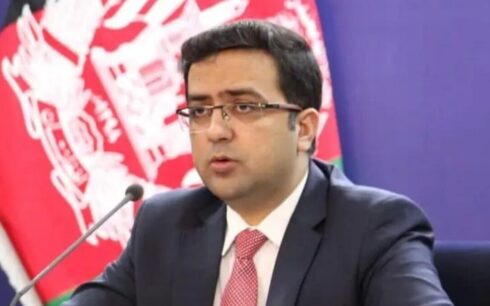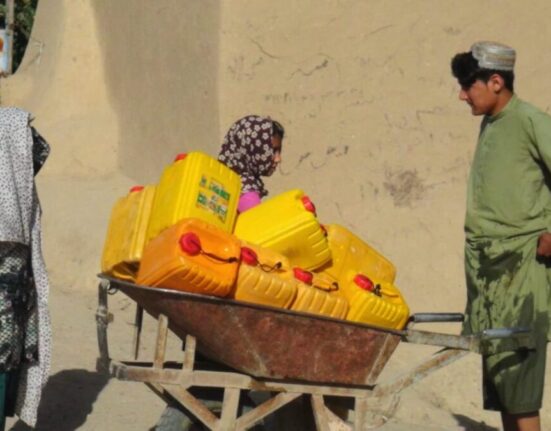The United States Inspector General for Afghanistan Reconstruction (SIGAR) has released its 61st Quarterly Report to Congress, shedding light on the dire humanitarian situation in Afghanistan, the challenges posed by funding constraints, widespread human rights violations, the plight of refugees, as well as the continuous interference by the Taliban with the work of non-governmental organizations.
The report says that United Nations Human Rights Commissioner, Volker Türk, at the Human Rights Commission on September 13, 2023, highlighted the alarming reports of extrajudicial killings, torture, arbitrary arrests, and ill-treatment. He expressed deep concern over the serious violations against former government officials and the unprecedented ban on women and girls from obtaining secondary and higher education, calling it a “devastating precedent.”
The UN Human Rights Council emphasized the importance of a legal system characterized by certainty, public promulgation, equal enforcement, and independent adjudication. However, the Taliban’s legal framework is not based on international norms but rather on their interpretation of Quranic laws. Despite promises to revise the Afghan constitution, the Taliban has failed to do so, and public input in legislation has been eliminated. This quarter, the Taliban disbanded all political parties, consolidating power under the supreme leader and his close associates, the report says.
According to the report, the Taliban’s justice system remains opaque and prone to abuses, with no clear guidelines for legal procedures. In a concerning trend, alleged perpetrators are often detained, sentenced, and punished on the same day, denying due process and judicial review.
UNAMA documented at least 800 human rights violations by Taliban officials against former government officials and former members of the Afghan National Defense and Security Forces (ANDSF). This represents a violation of international humanitarian law, despite the Taliban’s promise of amnesty when they assumed power.
The report says that the Taliban has imposed numerous policies violating the rights of women and girls, including bans on education beyond grade six, access to public spaces, traveling without a male guardian, and working with NGOs or the UN. Multilateral institutions and international NGOs have labeled these actions as crimes against humanity. A report by the Special Rapporteur on the situation of human rights in Afghanistan and the UN Working Group on discrimination against women and girls concluded that the Taliban has established a system of “gender apartheid.”
The use of the term “gender apartheid” is a matter of legal debate, as it deviates from the United Nations’ current legal definition of apartheid, which was formulated in response to racially discriminatory policies in South Africa. However, it reflects the unique degree of gender-based discrimination in the context of the Taliban’s rule.
US Aid Efforts despite Challenges
Since the Taliban takeover in 2021, the United States has allocated substantial funds for humanitarian and development assistance in Afghanistan. These funds are being used to address critical needs in sectors such as health, education, agriculture, food security, and livelihoods, with a focus on women, girls, and human rights protection. These efforts are carried out through NGOs, international organizations, and other implementing partners.
Two years after the US withdrawal from Afghanistan, the United States continues to engage with the Taliban on issues of mutual interest, even as it maintains human rights protections as a precondition for recognizing the Taliban as the government of Afghanistan.
Despite the substantial aid provided by the United States, there have been modest improvements in various sectors of the Afghan economy, but the commercial banking sector remains a concern. Da Afghanistan Bank (DAB) has waived required examinations, stress tests, and fees, recognizing the challenges faced by Afghan banks due to reduced lending, loss of access to foreign reserves, and non-performing assets.
In summary, the SIGAR report underscores the deeply troubling humanitarian situation in Afghanistan, the deteriorating human rights conditions, and the complex challenges facing aid and development efforts in the country. The international community, including the United States, continues to grapple with how to address these issues while engaging with the Taliban regime.





